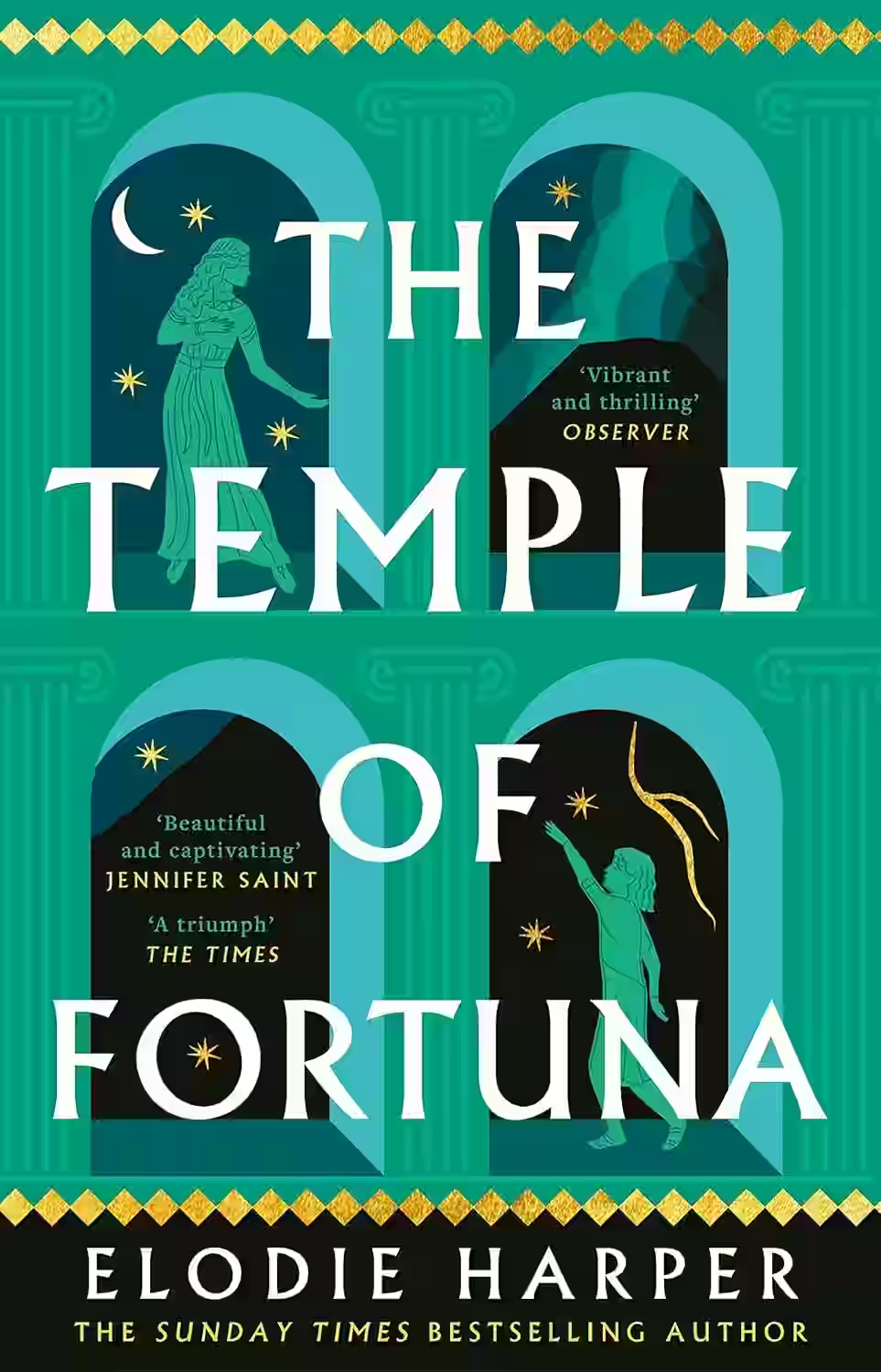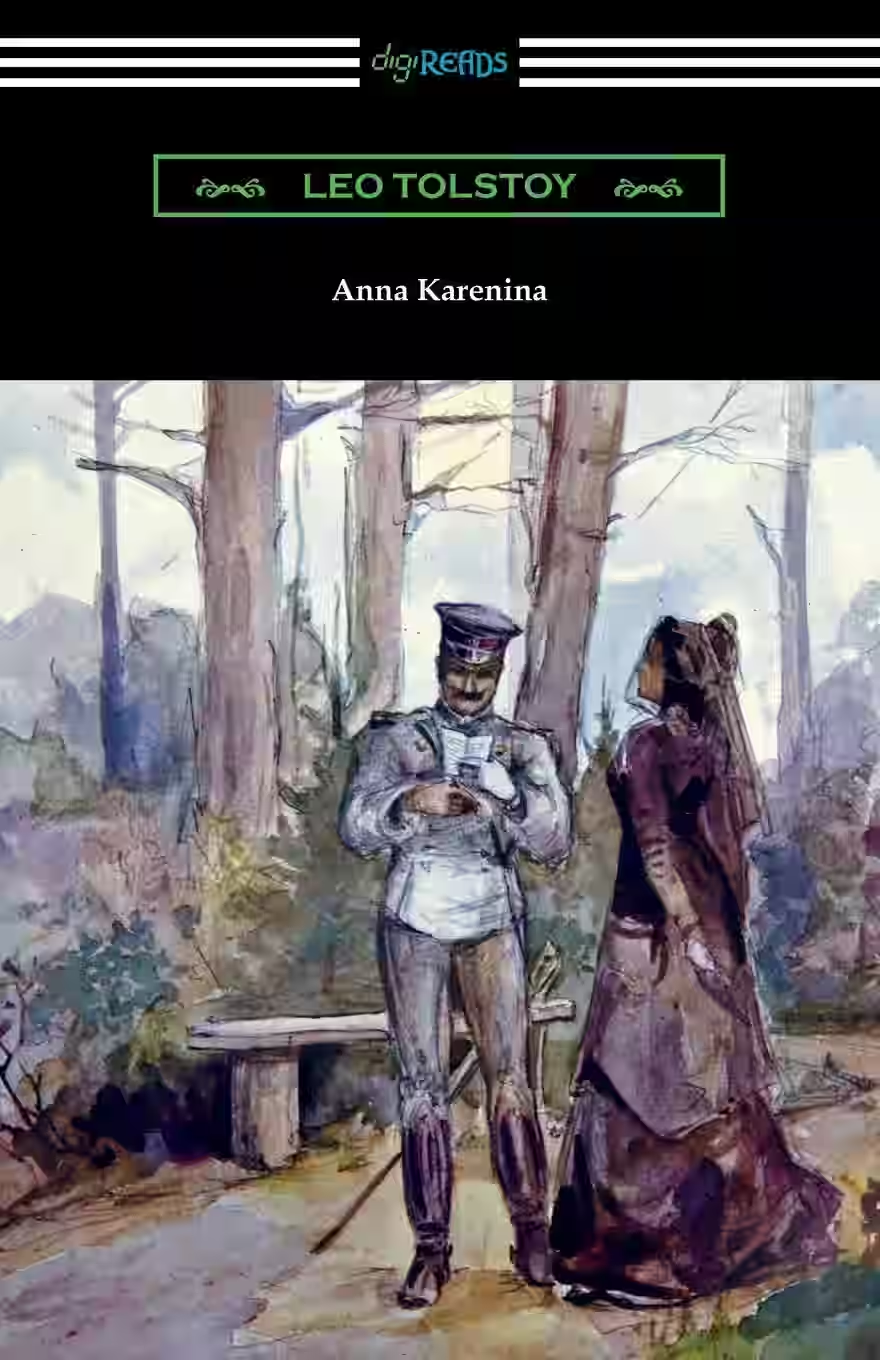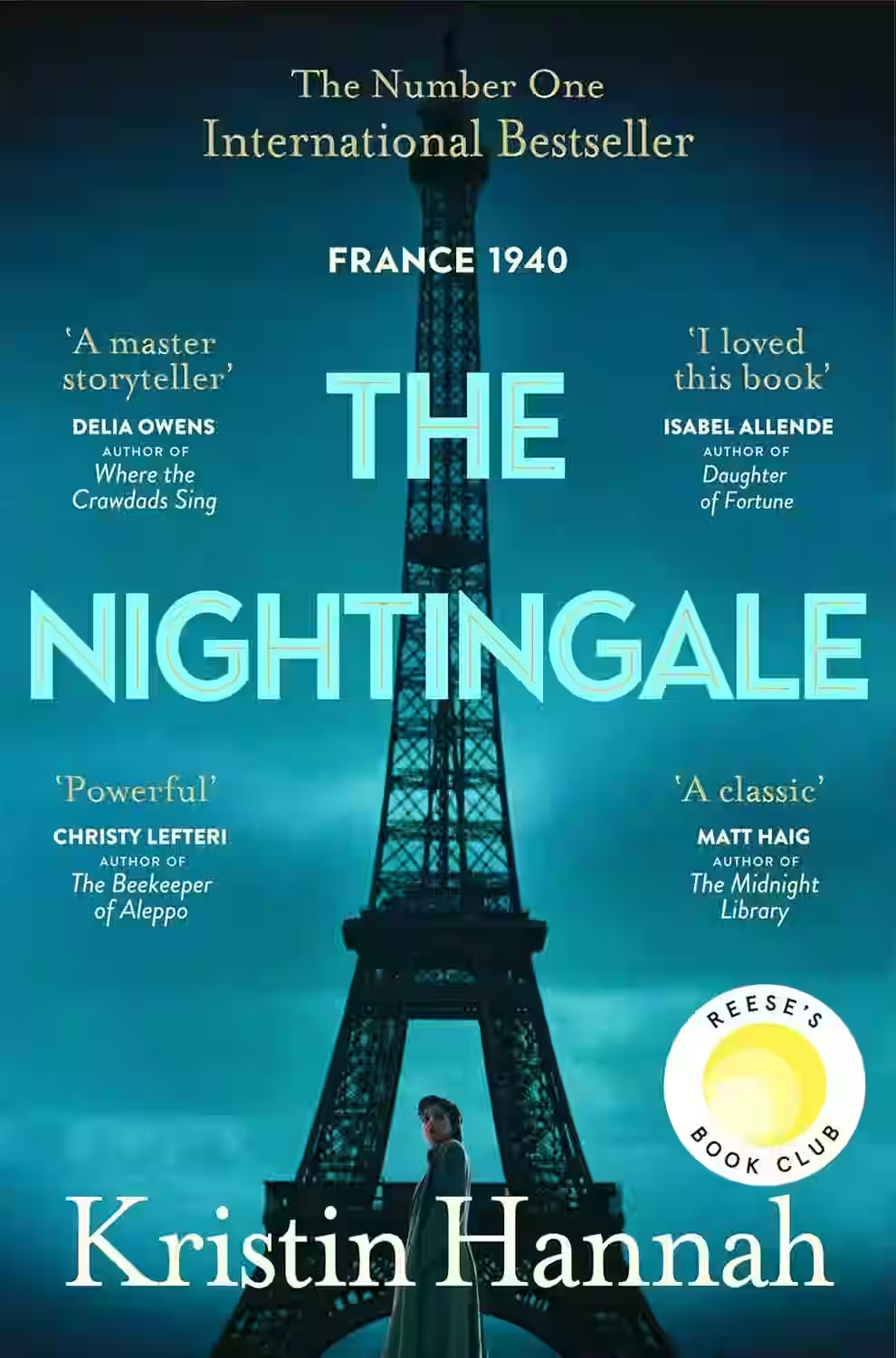
Alice Walker's 'The Color Purple' is a poignant and powerful novel that delves into the struggles of African American women in the early 20th century. Set in the American South, the story follows Celie, a young black woman who faces abuse and oppression but finds strength and resilience through the bonds she forms with other women in her life. Through themes of race, gender, family, and redemption, Walker crafts a narrative that is both heartbreaking and hopeful. The novel's raw honesty and lyrical prose make it a timeless classic that continues to resonate with readers, sparking important conversations about identity, empowerment, and social justice.
About Alice Walker
Alice Walker, born on February 9, 1944, in Eatonton, Georgia, is a renowned American author, poet, and activist best known for her Pulitzer Prize-winning novel 'The Color Purple.' Walker's work often explores the intersecting themes of race, gender, and social justice, drawing inspiration from her experiences growing up in the American South. As a prominent figure in African American literature, she has made significant contributions to feminist and womanist movements. Walker's writing is celebrated for its lyrical prose, vivid storytelling, and unflinching portrayal of the struggles faced by marginalized communities. Her impact on literature is profound, sparking important conversations about identity, oppression, and resilience.
Similar Books

The Temple of Fortuna
Series: The Wolf Den (#3)
Elodie Harper's 'The Temple of Fortuna' is a captivating historical fiction novel set in the vibrant and tumultuous city of Pompeii. The story intricately weaves the lives of its richly drawn characters against the backdrop of impending volcanic disaster. The protagonist, Amara, is a resilient woman navigating the complexities of love, destiny, and survival. Harper expertly explores themes of fate versus free will, as well as the ephemeral nature of luck embodied by the goddess Fortuna. With lyrical prose and meticulous historical detail, the novel paints a vivid picture of life in ancient Rome, while also delivering a narrative punctuated by tension and emotion. 'The Temple of Fortuna' will resonate with readers who appreciate rich storytelling and well-crafted historical settings.

The Wolf Den
Series: The Wolf Den (#1)
Set in ancient Pompeii, "The Wolf Den" by Elodie Harper immerses readers in the vibrant and perilous world of a brothel and its inhabitants, particularly focusing on Amara, a former doctor's daughter who has been sold into slavery. Through Amara’s eyes, we experience her struggle for survival, autonomy, and friendship in a society that largely commodifies women. Harper’s detailed historical research enriches the narrative, bringing to life the stark realities and occasional triumphs of those trapped by fate. Themes of resilience, companionship, and the quest for self-determination are explored deeply, ensuring readers are both captivated and contemplative about the human condition and societal structures, past and present.

Anna Karenina
by Leo Tolstoy
Acclaimed by many as the world's greatest novel, Anna Karenina provides a vast panorama of contemporary life in Russia and of humanity in general. In it Tolstoy uses his intense imaginative insight to create some of the most memorable characters in all of literature. Anna is a sophisticated woman who abandons her empty existence as the wife of Karenin and turns to Count Vronsky to fulfil her passionate nature - with tragic consequences. Levin is a reflection of Tolstoy himself, often expressing the author's own views and convictions.

The Nightingale
Kristin Hannah's 'The Nightingale' is a poignant tale set in Nazi-occupied France during World War II, following the lives of two sisters, Vianne and Isabelle, as they navigate love, sacrifice, and resistance. Vianne, a mother and wife, faces impossible choices to protect her family, while Isabelle joins the French Resistance, risking everything to fight for freedom. The novel beautifully captures the complexities of human relationships, the horrors of war, and the strength of women in the face of adversity. Through vivid storytelling and well-developed characters, Hannah weaves a gripping narrative that will tug at your heartstrings and linger in your thoughts long after finishing the last page.